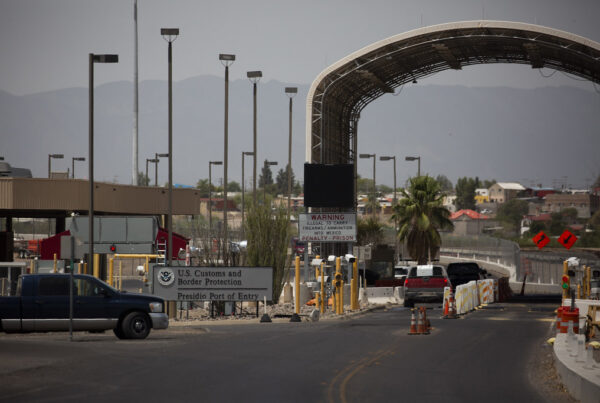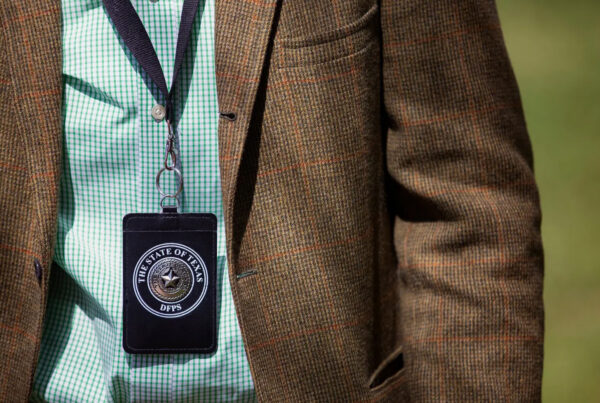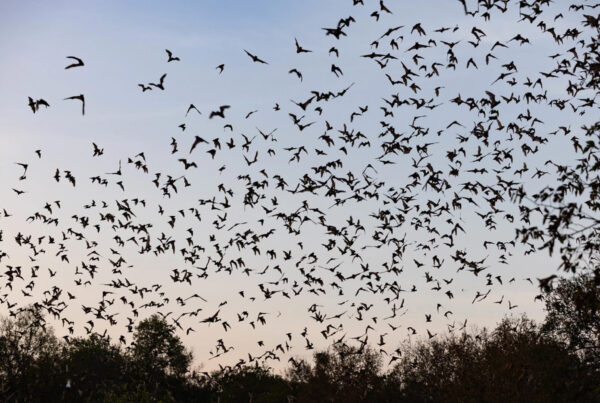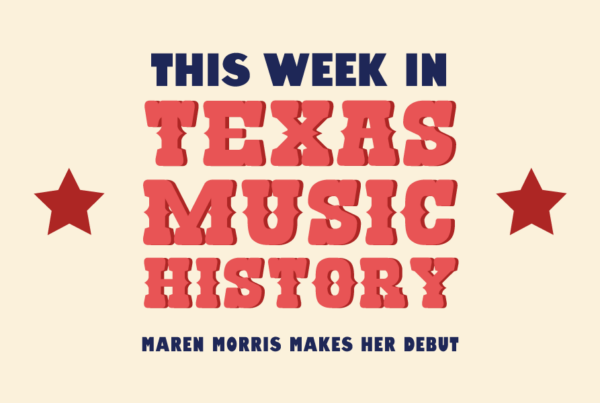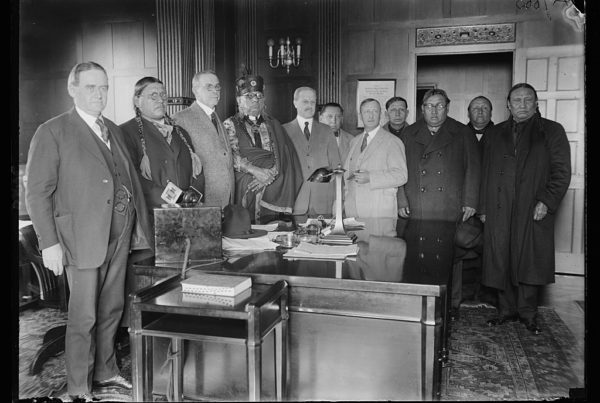A federal judge ruled Tuesday that a law severely restricting drag performances in Texas is unconstitutional and cannot be enforced.
Under Senate Bill 12, recently signed by Gov. Greg Abbott, sexually oriented performances would be banned in the presence of minors. According to the law as written, this includes nude performers and performances that appeal to “the prurient interest in sex.” It also bans “using accessories or prosthetics that exaggerate male or female sexual characteristics.”
Charles “Rocky” Rhodes, a professor of law at South Texas College of Law in Houston, said even though the law doesn’t mention drag specifically, it was intended to target drag performances.
U.S. District Judge David Hittner, an appointee of former Republican President Ronald Reagan, said free speech was a major issue in this case.
“Judge Hittner, in a very lucid analysis, explained it, of course, as the speech in drag shows or presenting a message that shows in their current form have been with us for about 100 years. And, of course, if you go back to Shakespearean times, I mean, the actors in drag have been a long part of the theater,” Rhodes said.
“Obviously people watching drag shows are getting a particular message from that. And the performers are articulating a message. And some people may not like that message, but then they don’t have to go and watch those performances if they’re offended by those messages. And the Supreme Court has held over and over again that just the mere fact that speech gives offense is not enough to ban the speech.”
» GET MORE NEWS FROM AROUND THE STATE: Sign up for Texas Standard’s weekly newsletters
The law was directed at performances held in front of minors, which Rhodes said adds a layer beyond the traditional free speech consideration.
“Once we decide that the speech is expressive conduct and subject to the protections of the First Amendment, then the government has to provide a compelling reason for regulating or banning the speech,” Rhodes said. “Here, their claim for compelling government interest was to protect children. And the court accepts that that is a compelling government interest. But the key is that you have to show that your interest in protecting children necessitates this ban. And Judge Hittner’s analysis of this discusses all the ways in which this ban was too broad to actually be targeted at the protection of children.”
One example the judge gave was that the ban didn’t differentiate between younger children and older teens — as you were under 18, drag was banned.
“There are cases from the Supreme Court that have specifically recognized that there are situations in which children should not be seeing the same kind of sexual material that adults can. But Texas didn’t adopt those tests,” Rhodes said. “Texas instead went through a broader test that would essentially prohibit and potentially criminalize any drag performance where a minor might be able to see it, whether or not it was obscene or whether it met the little watered down obscenity test that applies to minors. In fact, Judge Hittner also ruled that it was just so overbroad that that alone was enough to break down the law as unconstitutional.”
A higher court would have to override this decision to keep it from holding true for the time being, Rhodes said.
“Unless (the state) gets a stay from the Fifth Circuit to override the judge’s determination, the law is going to be put on hold,” he said. “But the case will be appealed to the Fifth Circuit. And so it’ll be something interesting to watch out for in subsequent legal developments.”




